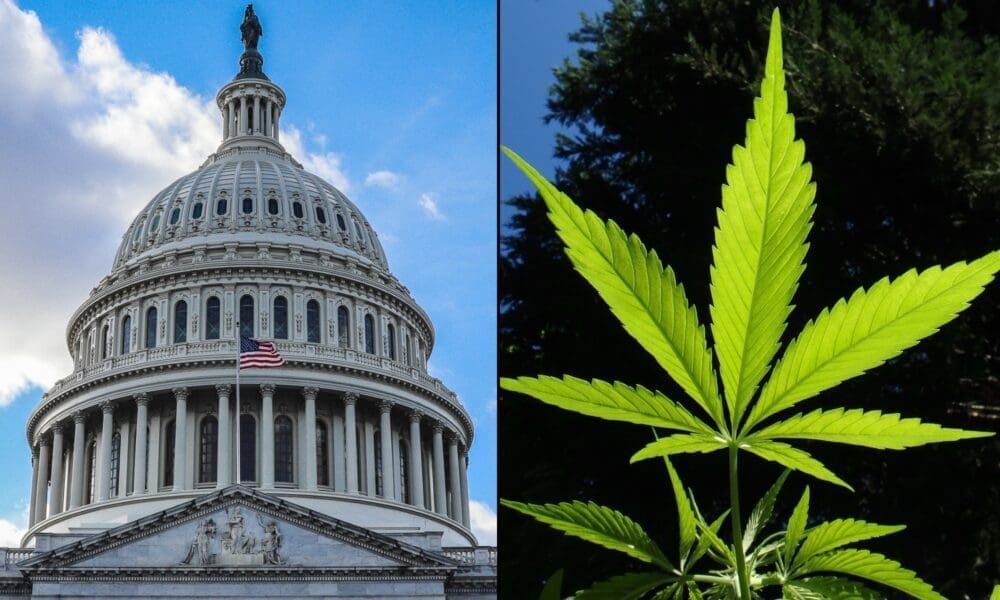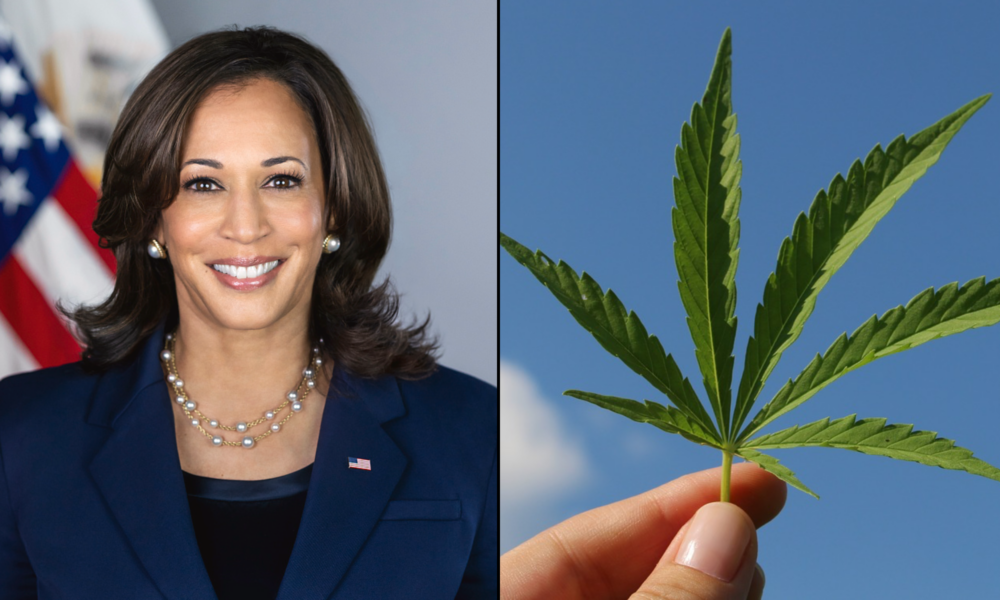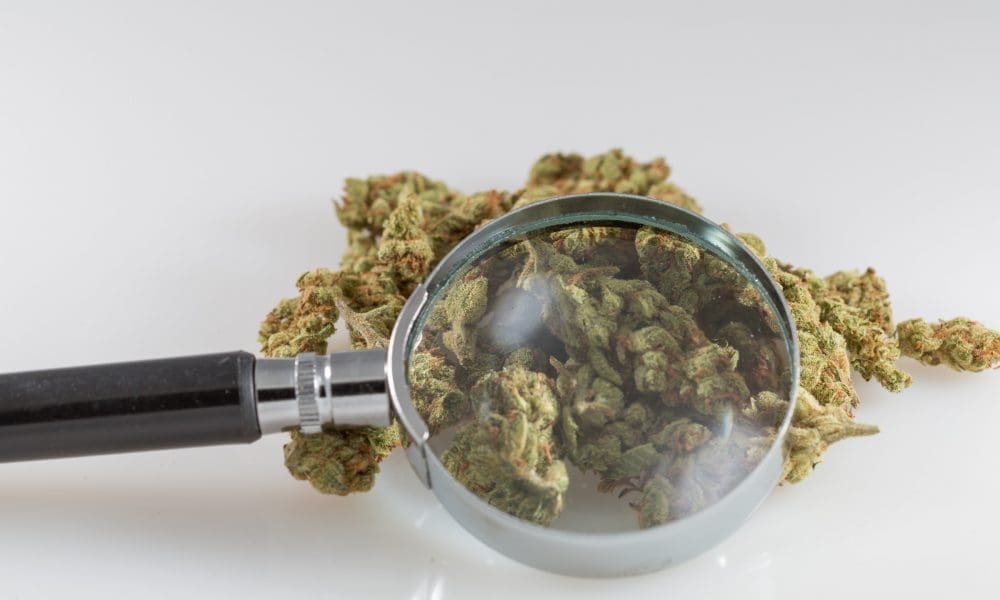Congress has full authority on this issue. Thats all you need to know. Congress is intentionally choosing to NOT holding hearings. Congress is waiting to hear the decision or "Rulemaking" law which the DEA and Justice Deptartment are enventually going to make, I assume.
Why do you think that is?
I do like the fact that they are looking at some type of reform, something. Rand Paul, son of Ron Paul, can do better. I am surprised he is involved in something like this unimportant reform, but I can see why if its something both supporters and opposition could agree on.
Why do you think that is?
I do like the fact that they are looking at some type of reform, something. Rand Paul, son of Ron Paul, can do better. I am surprised he is involved in something like this unimportant reform, but I can see why if its something both supporters and opposition could agree on.
Last edited:







